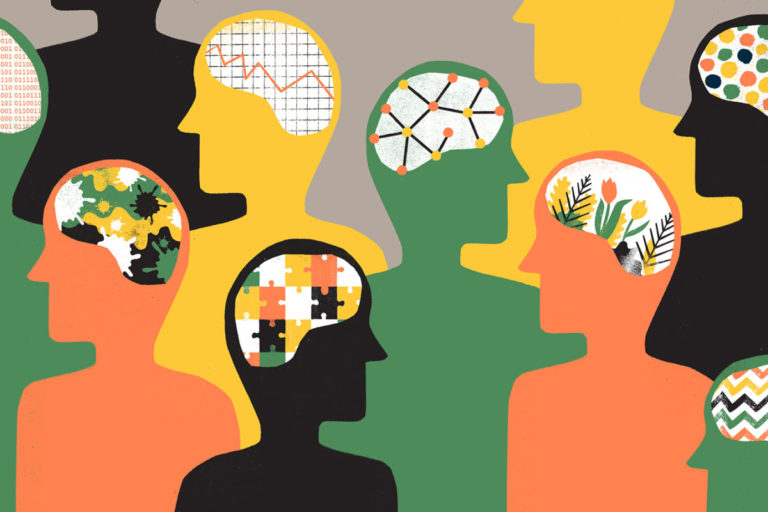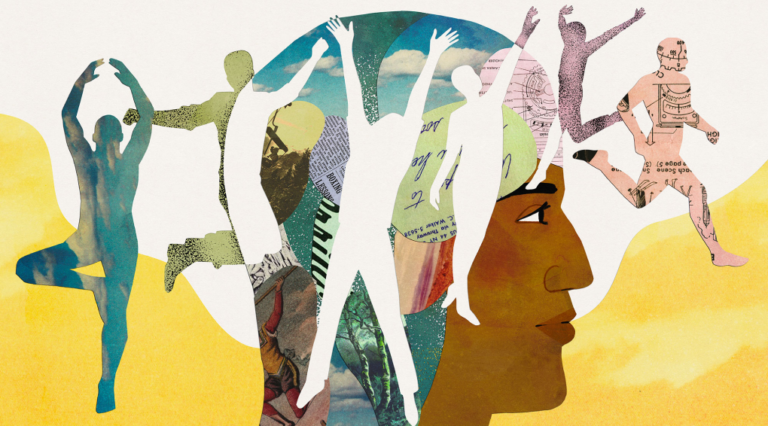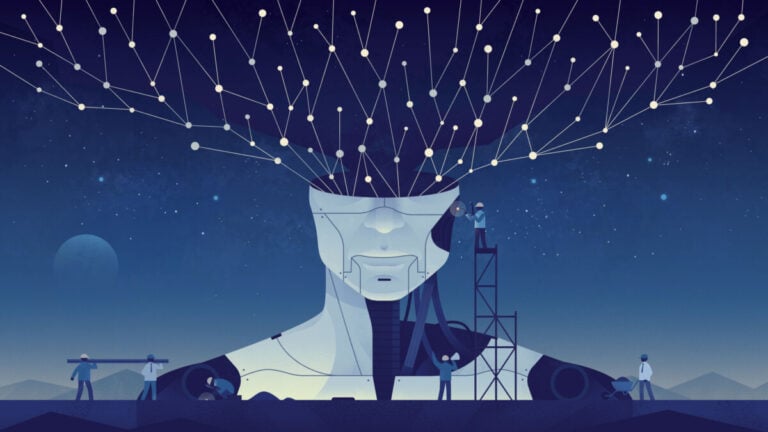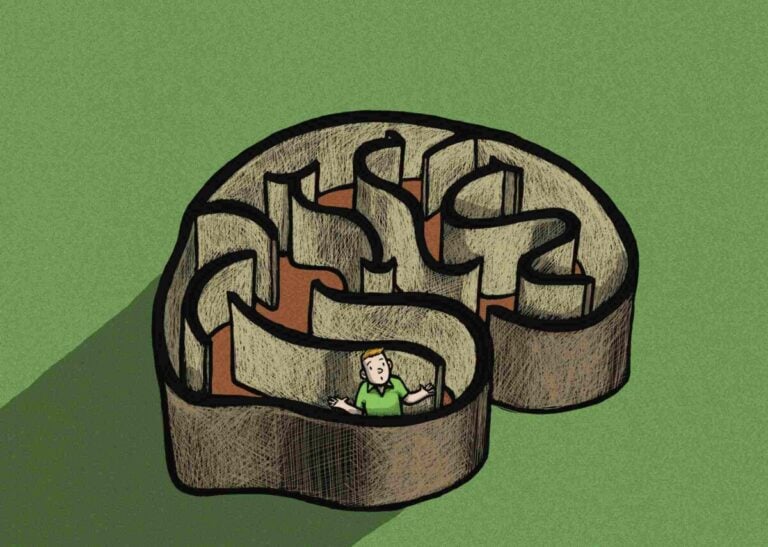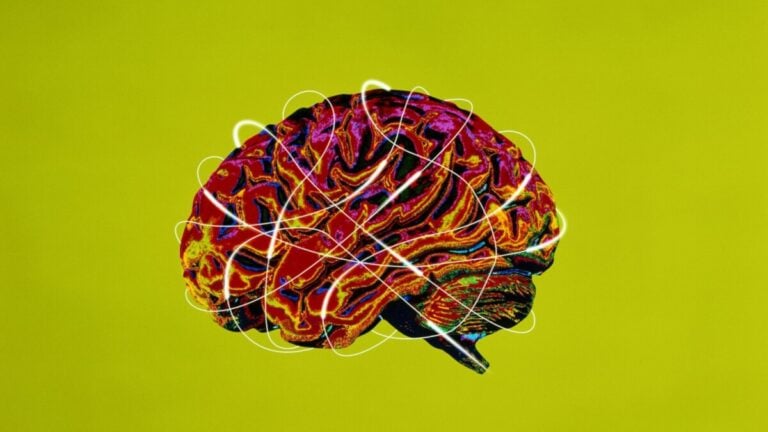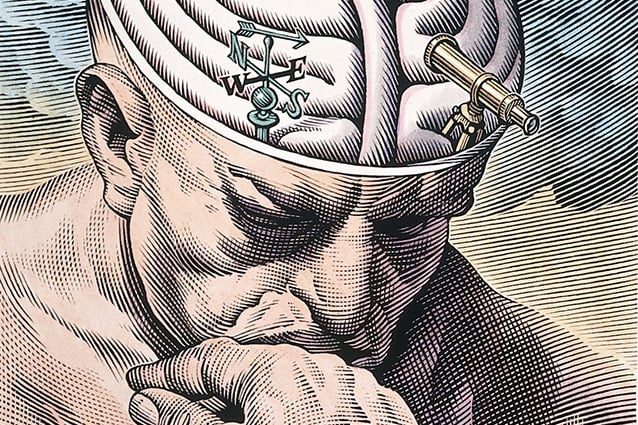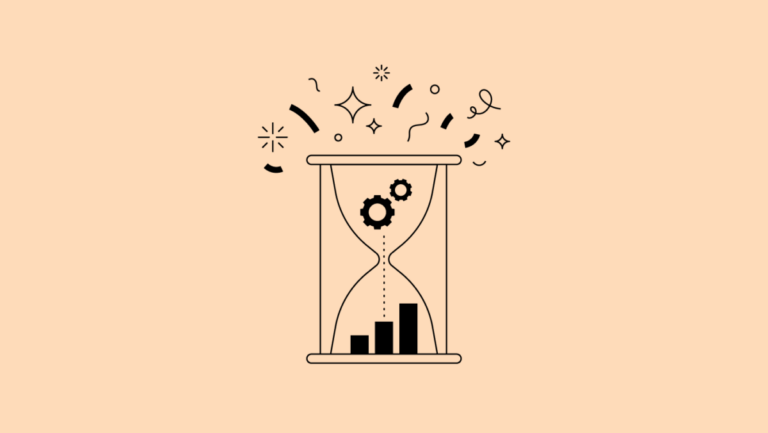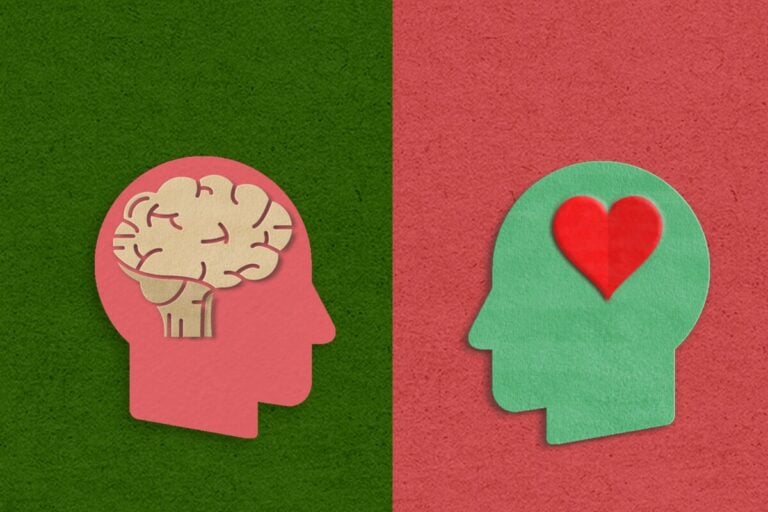In today’s society, the ability to think critically is highly valued.
People who can reasonably assess the situation, not succumb to manipulation, look at the world as objectively as possible are extremely valued – however, there are few of them and it is not so easy to achieve this. What in the human psyche hinders this?
What is critical thinking
This is the ability to separate facts from opinions, rational judgments from emotional statements. An extremely useful skill that is in demand in any area of \u200b\u200blife.
What prevents you from thinking critically?
What stands in the way of a person to this type of rational thinking?
There are a number of phenomena:
- Incompetence in a subject
- Fatigue, inattention
- Cognitive bias

It is obvious that it is quite difficult to make a mistake in one’s judgment if the reflecting person simply lacks knowledge in the field. The way to deal with this is to either leave to talk about an unfamiliar topic, or learn more about it.
The same with fatigue and the inattention caused by it: it is hardly possible to reason well when the brain literally does not have enough strength to concentrate. The only way out is to just relax. And cognitive distortions are a much larger problem, requiring a deep approach and careful consideration.
What is cognitive bias?
The most famous:
- Confirmation bias. A person agrees more readily with people who, as he knows, in other areas agree with him more than others.
- Distortion in favor of own group. The achievements of “ours” seem more significant and important than the achievements of “theirs”, and “ours” mistakes are not as terrible as those of “theirs”.
- Gap filling. People often extrapolate their way of thinking to others, think that others think the same way as they do, and draw incorrect conclusions on this basis.
- False causal relationships. An illusion is created that everything in the world is interconnected and must have a direct cause: there was a quarrel – the cause is spilled salt; a black cat means to be in trouble.
Cause of cognitive distortions
The reason is that a person has two systems of thought:
- Slow – responsible for serious thought processes and deep analysis, for example, when solving mathematical problems. It is very energy-consuming – people get tired of it quickly.
- Fast – Responsible for making quick decisions without deep thought based on data lying on the surface of consciousness. Much less energy intensive.

The use of a slow system would save people from any hasty conclusions, allowing everyone to think permanently critically, but it is too slow and resource-intensive for everyday life. Moreover, it is also evolutionarily unprofitable to use it constantly: it is easy to agree that it is much easier to quickly conclude that a rustle in a bush will certainly cause a bear attack than to think for a long time about the real probability that it was not just the wind, but something else. , and with what probability the beast will be dangerous.
In the first case, a person would have managed to escape, in the second – no. For this reason, quick thinking has been preserved in humans. Moreover, people actively and successfully apply it in real life, and this does not always lead to errors and cognitive distortions.
How to deal with it?
It is impossible to deal with this once and for all – both systems are equally useful; the fast system is much more convenient and practical in real life, although sometimes it pushes a person onto the path of errors. The only way is to reflect as often as possible and catch yourself on controversial points, remembering cognitive distortions and asking the question: is this conclusion not a mistake, should we apply slow thinking and think deeper?


